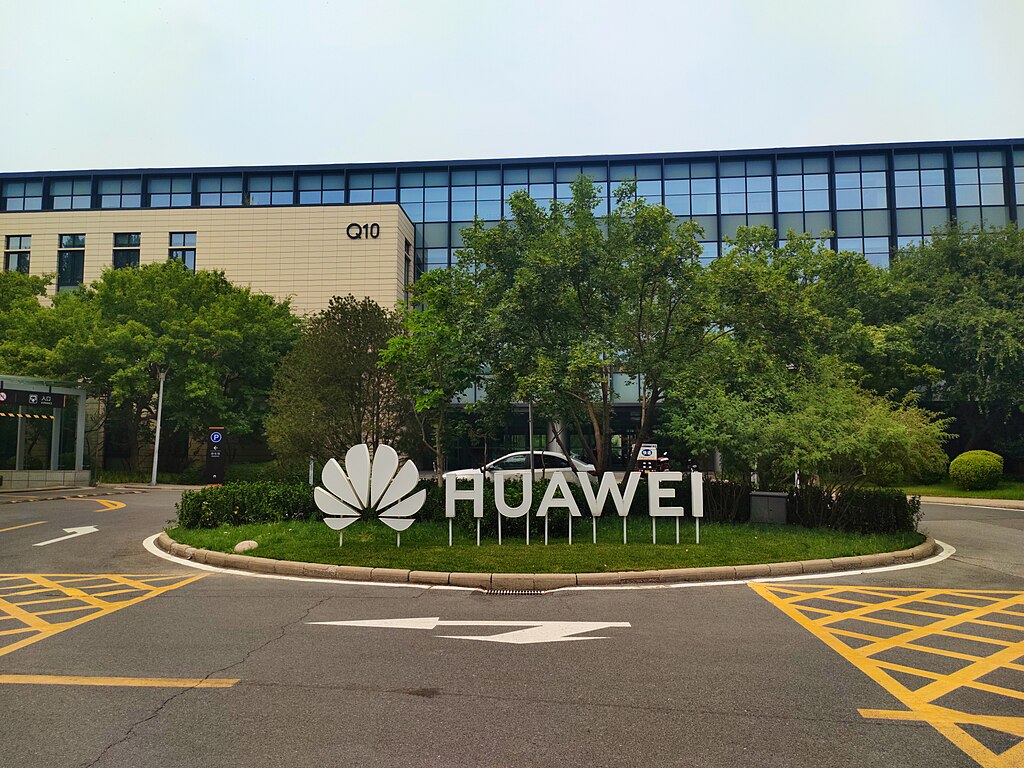Huawei Technologies’ founder and CEO Ren Zhengfei has dismissed U.S. warnings about the company’s Ascend AI chips, suggesting the United States is overstating their technological capabilities. In a statement published by China’s state-run People’s Daily on Tuesday, Ren clarified that Huawei relies on group computing to boost performance rather than depending solely on individual chip power.
The comments come in response to recent guidance from the U.S. Commerce Department, which warned that using Huawei’s Ascend series may violate American export control laws. These chips, developed by the Shenzhen-based tech giant, are considered Huawei’s most advanced semiconductors and have raised concerns in Washington over potential national security risks.
Ren’s remarks appear aimed at downplaying the chips’ standalone processing power, potentially softening international scrutiny. “Our strength lies in cluster computing, not in single-chip dominance,” he reportedly said, highlighting Huawei’s focus on distributed computing systems.
The U.S. government has been intensifying pressure on Huawei for years, citing its close ties to the Chinese government. The Ascend series, used in AI applications and data centers, is seen as a milestone for China’s domestic semiconductor ambitions amid ongoing restrictions on access to advanced chipmaking tools from U.S. suppliers.
Huawei’s rebuttal suggests a strategic effort to reduce the perception of technological threat posed by the Ascend chips, possibly to ease regulatory tension. Despite export restrictions and sanctions, Huawei continues to push forward with innovation in AI and chip design, while carefully navigating international compliance concerns.
This latest development underscores the ongoing tech standoff between China and the U.S., particularly in AI and semiconductor sectors, as both nations vie for leadership in next-generation computing technologies.



 Nvidia CEO Jensen Huang Says AI Investment Boom Is Just Beginning as NVDA Shares Surge
Nvidia CEO Jensen Huang Says AI Investment Boom Is Just Beginning as NVDA Shares Surge  AMD Shares Slide Despite Earnings Beat as Cautious Revenue Outlook Weighs on Stock
AMD Shares Slide Despite Earnings Beat as Cautious Revenue Outlook Weighs on Stock  SpaceX Reports $8 Billion Profit as IPO Plans and Starlink Growth Fuel Valuation Buzz
SpaceX Reports $8 Billion Profit as IPO Plans and Starlink Growth Fuel Valuation Buzz  Rio Tinto Shares Hit Record High After Ending Glencore Merger Talks
Rio Tinto Shares Hit Record High After Ending Glencore Merger Talks  Tencent Shares Slide After WeChat Restricts YuanBao AI Promotional Links
Tencent Shares Slide After WeChat Restricts YuanBao AI Promotional Links  Google Cloud and Liberty Global Forge Strategic AI Partnership to Transform European Telecom Services
Google Cloud and Liberty Global Forge Strategic AI Partnership to Transform European Telecom Services  Nvidia Confirms Major OpenAI Investment Amid AI Funding Race
Nvidia Confirms Major OpenAI Investment Amid AI Funding Race  CK Hutchison Launches Arbitration After Panama Court Revokes Canal Port Licences
CK Hutchison Launches Arbitration After Panama Court Revokes Canal Port Licences  Oracle Plans $45–$50 Billion Funding Push in 2026 to Expand Cloud and AI Infrastructure
Oracle Plans $45–$50 Billion Funding Push in 2026 to Expand Cloud and AI Infrastructure  Uber Ordered to Pay $8.5 Million in Bellwether Sexual Assault Lawsuit
Uber Ordered to Pay $8.5 Million in Bellwether Sexual Assault Lawsuit  Nintendo Shares Slide After Earnings Miss Raises Switch 2 Margin Concerns
Nintendo Shares Slide After Earnings Miss Raises Switch 2 Margin Concerns  Nvidia, ByteDance, and the U.S.-China AI Chip Standoff Over H200 Exports
Nvidia, ByteDance, and the U.S.-China AI Chip Standoff Over H200 Exports  Nvidia Nears $20 Billion OpenAI Investment as AI Funding Race Intensifies
Nvidia Nears $20 Billion OpenAI Investment as AI Funding Race Intensifies  Sam Altman Reaffirms OpenAI’s Long-Term Commitment to NVIDIA Amid Chip Report
Sam Altman Reaffirms OpenAI’s Long-Term Commitment to NVIDIA Amid Chip Report  Global PC Makers Eye Chinese Memory Chip Suppliers Amid Ongoing Supply Crunch
Global PC Makers Eye Chinese Memory Chip Suppliers Amid Ongoing Supply Crunch  TSMC Eyes 3nm Chip Production in Japan with $17 Billion Kumamoto Investment
TSMC Eyes 3nm Chip Production in Japan with $17 Billion Kumamoto Investment 




























